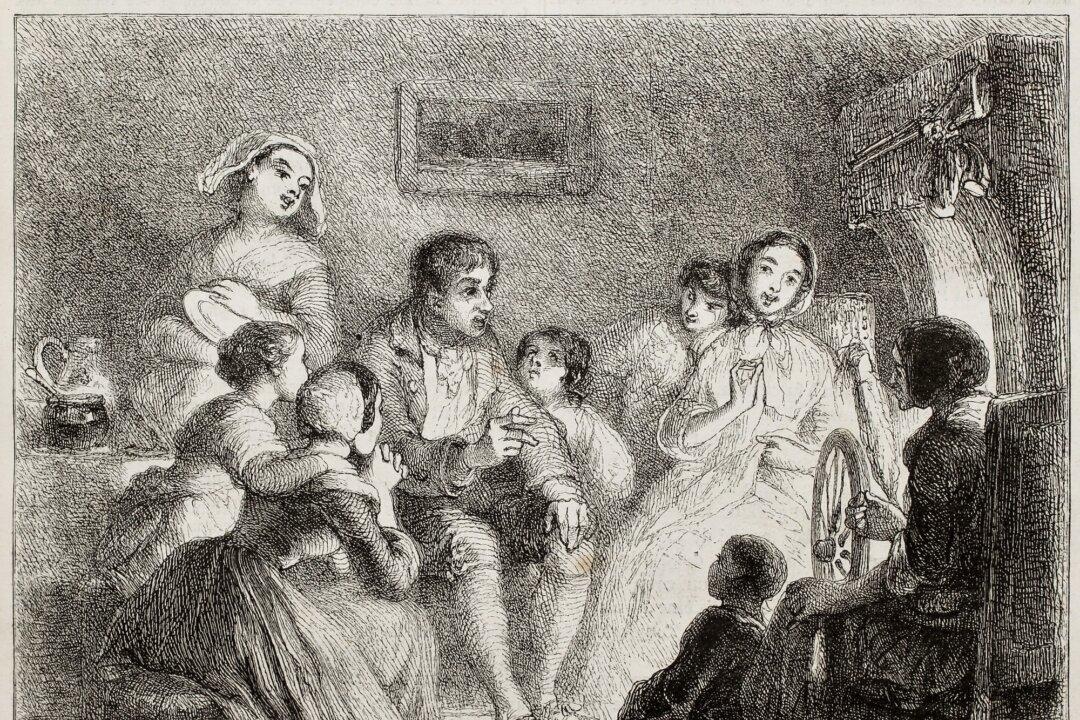In my later elementary school years, my family spent a week every summer in New Castle, Pennsylvania, visiting relatives. In the evenings, while my siblings played with their cousins, my Great-Uncle John and I often sat in the backyard of my grandparents’ house at a picnic table beneath a canopy, where he, recognizing my interest in history, filled me with stories of my ancestors from the 19th century: farmers for the most part, abolitionists who helped run the Underground Railroad, others who fought for Lincoln’s army in the Civil War, and tales from his own boyhood.
Several times, Uncle John read to me family letters from the Civil War era. A Minick girl who had married a Bland visited her wounded husband in Washington, D.C., and saw Abraham Lincoln walking through the streets; a Union soldier wrote in guarded terms of the fighting he’d seen; others reported the daily news from their farms and small towns.






